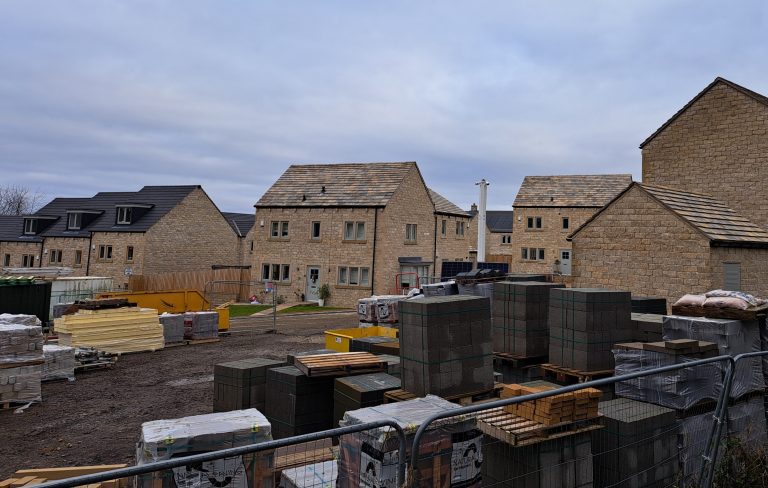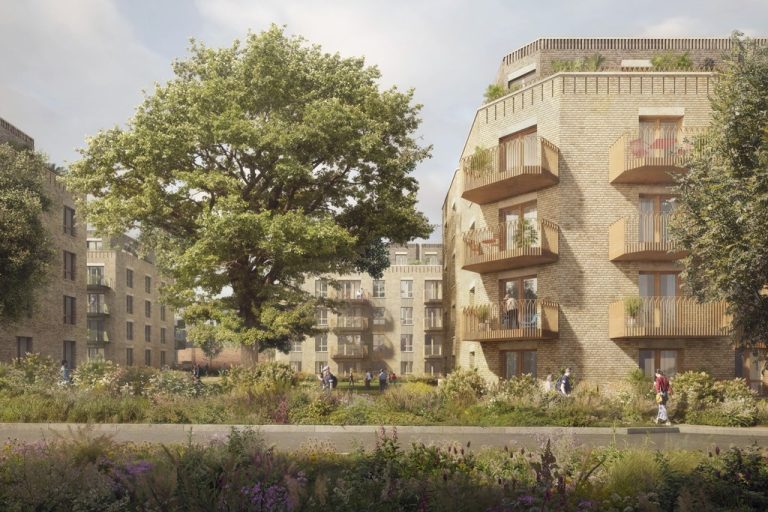The Hill Group is set to unveil St George’s Place on March 15, 2025—a collection of three, four, and five-bedroom homes just a stone’s throw from Southwold, one of Suffolk’s most sought-after seaside towns. Famous for its iconic pier, colourful beach huts, and pristine coastline, Southwold offers an unparalleled lifestyle by the sea. St George’s Place presents a rare opportunity to own a new home in such a desirable location, blending modern living with the charm of coastal life. Designed with families in mind, St George’s Place will feature a variety of expertly crafted homes designed to suit different family sizes and lifestyles. From family-friendly streetscapes to properties that border open woodland, the development showcases high-quality architecture and craftsmanship. The exterior of the homes exudes rural charm, with traditional brickwork, weatherboarding, and elegant stone finishes that blend harmoniously with the local vernacular. The use of fine materials and an eye for detail ensure these homes complement the tranquil surroundings beautifully. Southwold, often referred to as the jewel of the Suffolk coast, is known for its vibrant culture, independent shops, galleries, and renowned seafood restaurants. Situated within the Suffolk Heritage Coast, the town is surrounded by stunning sand and shingle beaches, marshes, and reed beds. The area is a haven for wildlife, including birds, butterflies, and wildflowers. Notable nature reserves like the Suffolk Coast National Nature Reserve and the Hen Reedbeds Nature Reserve are nearby, offering protected habitats for a variety of species. Families also have access to Dunwich Heath and the RSPB Minsmere, along with the scenic Dunwich Beach. For outdoor enthusiasts, activities such as fishing, surfing, paddleboarding, and sailing are just some of the ways to stay active and social. The interiors of St George’s Place offer spacious living rooms, sleek shaker-style kitchens with integrated appliances, and luxurious bedrooms and bathrooms. The design maximises open-plan living, with spaces flowing effortlessly between indoor and outdoor areas. Bi-fold patio doors and skylights allow natural light to flood the homes, while energy-efficient features, such as air source heat pumps, high-efficiency double-glazed uPVC windows, and electric car charging points, ensure sustainability. Rebecca Littler, Group Sales and Marketing Director at The Hill Group, said: “Set amidst Suffolk’s spectacular rural and coastal landscapes, St George’s Place boasts an enviable position, with Southwold just five minutes’ drive away. It is rare that new build homes come to the market on the Suffolk coast, and we are anticipating a high level of interest from discerning buyers looking to make this beautiful part of the UK their home.” The development is ideally located for families, with Reydon Primary School, rated ‘Good’ by Ofsted in 2024, just a short walk or drive away. For older children, Saint Felix School in Southwold offers independent day and boarding education for ages two to 18, with a strong focus on academics, sports, and the arts. The area also has access to reputable secondary schools in nearby towns like Bungay, Halesworth, and Lowestoft. Building, Design & Construction Magazine | The Choice of Industry Professionals














